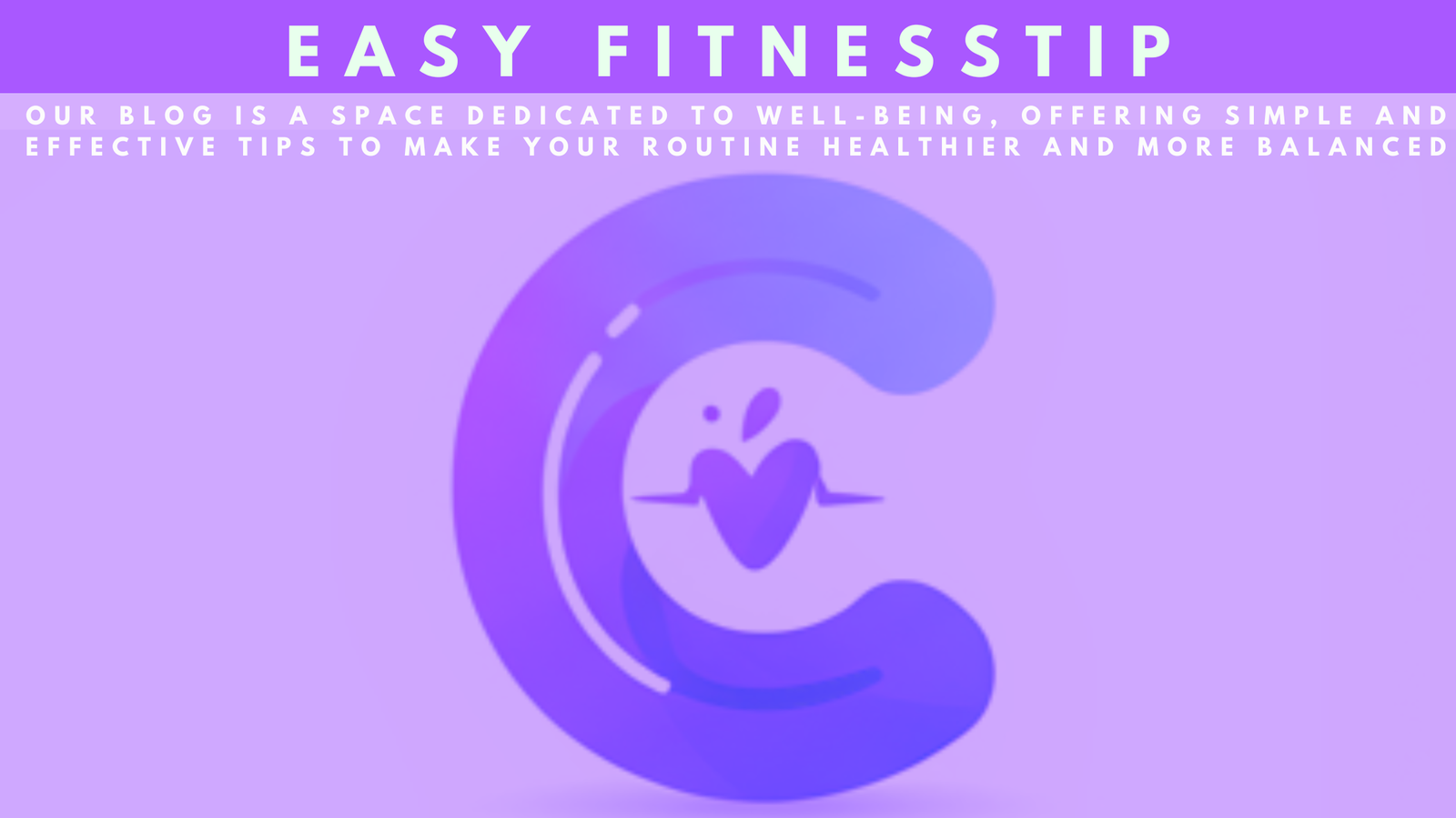
In today’s fast-paced world, maintaining good mental wellness is more challenging than ever. Fortunately, advancements in technology have led to the development of innovative AI-powered tools that can support daily mental health. These tools are designed to provide personalized support and therapy, helping individuals manage stress and anxiety more effectively.
According to recent trends, AI is being used in mental health to analyze patient data, offer therapy through chatbots like Woebot and Tess, and provide support via virtual assistants. This integration of technology into mental wellness routines can make a significant difference in one’s quality of life.
Key Takeaways
- AI-powered chatbots can provide personalized therapy and support.
- AI tools can help analyze patient data to offer tailored mental health solutions.
- Daily mental health can be supported through innovative AI-driven applications.
- Virtual assistants can offer immediate support for mental wellness.
- AI mental wellness tools are becoming increasingly accessible.
Understanding AI for Mental Health: A Modern Approach to Wellness
The integration of Artificial Intelligence (AI) in mental health care is revolutionizing the way we approach wellness. By leveraging advanced technologies such as machine learning, natural language processing, and computer vision, AI is transforming the landscape of mental health support.
AI mental health tools are distinct from traditional methods in several ways. They offer personalized support tailored to individual needs, and they are accessible anytime, anywhere. This shift towards digital mental health solutions is driven by the potential for increased accessibility, affordability, and effectiveness.
What Makes AI Mental Health Tools Different
AI mental health tools stand out due to their ability to analyze vast amounts of data, identify patterns, and provide insights that can inform treatment plans. These tools can also adapt to the user’s progress, offering a dynamic and responsive form of support.
- Personalization through data analysis
- Accessibility across different devices
- Continuous learning and adaptation
The Science Behind AI Mental Wellness Support
The science behind AI mental wellness support is rooted in advanced technologies that enable these tools to understand and respond to user needs. Machine learning algorithms are used to analyze user data, while natural language processing allows for effective communication between the user and the AI system.
These technologies work together to create a comprehensive support system that can detect early signs of mental health issues, offer coping strategies, and provide resources for further support.
Key Benefits of Digital Mental Health Solutions
Digital mental health solutions offer several key benefits, including increased accessibility, reduced costs, and enhanced effectiveness. By providing emotional wellness technology that is both accessible and engaging, these solutions can help bridge the gap in mental health care.
| Benefit | Description |
|---|---|
| Increased Accessibility | Mental health support available anytime, anywhere |
| Reduced Costs | Affordable alternatives to traditional therapy |
| Enhanced Effectiveness | Personalized support leading to better outcomes |
Getting Started with AI Mental Wellness Tools
Navigating the landscape of AI mental wellness tools can be daunting, but with the right guidance, it’s a journey worth taking. As you begin, it’s essential to understand the variety of tools available and how they can support your mental health.
The world of artificial intelligence mental health solutions is rapidly evolving, offering a range of options for individuals seeking to improve their mental well-being. From AI-powered chatbots that provide emotional support to mental health apps that track your mood and offer personalized advice, the choices can be overwhelming.
According to mental health professionals, the key to benefiting from these tools is to identify your specific needs and goals. “The most effective AI mental wellness tools are those that are tailored to the individual’s specific requirements,” says a leading expert in the field of mental health technology. This might involve looking for tools that offer guided meditation sessions, mood tracking, or stress management techniques.
When selecting an AI mental wellness tool, consider the following:
- The type of support you need (e.g., stress management, mood tracking, meditation guidance)
- The tool’s ease of use and user interface
- The level of personalization it offers
- Any reviews or testimonials from other users
By taking these factors into account and being open to exploring different options, you can find the right daily mental health tips and tools to support your journey towards better mental wellness.
As you start using AI mental wellness tools, remember that they are meant to complement, not replace, traditional mental health practices. By integrating these tools into your daily routine, you can take a proactive approach to maintaining your mental health.
Smart Mental Health Apps: Choosing Your Digital Companion
The quest for mental wellness has led to a proliferation of AI-powered mental health apps, offering a range of tools and resources to support emotional health. With so many options available, selecting the right app can be a daunting task.
When exploring mental health apps, it’s essential to consider the types of support they offer and how they can be integrated into daily life. AI-powered apps can provide personalized guidance, track emotional patterns, and offer real-time support.
Popular AI-Powered Mental Health Applications
Several AI-powered mental health apps have gained popularity due to their effectiveness and user-friendly interfaces. Some notable examples include:
- Wysa: An AI-driven mental health app that uses chatbots to offer emotional support and coping strategies.
- Calm: A meditation and sleep app that utilizes AI to personalize relaxation techniques and sleep stories.
- Moodfit: An app that tracks emotional states and provides AI-driven insights to help manage stress and anxiety.
These apps demonstrate the diverse range of AI-powered mental health tools available, catering to different needs and preferences.
Features to Look for in Mental Health Apps
When choosing a mental health app, there are several key features to consider:
| Feature | Description | Benefits |
|---|---|---|
| Personalization | AI-driven customization based on user data | Tailored support and guidance |
| Mood Tracking | Monitoring of emotional states over time | Identifying patterns and triggers |
| Guided Meditation | AI-powered meditation sessions | Reducing stress and improving mindfulness |
By understanding these features, individuals can make informed decisions about which app best suits their needs.
Setting Up Your First AI Mental Health Tool
Once you’ve selected an app, setting it up is relatively straightforward. Most apps require users to create a profile, which helps the AI understand individual needs and preferences.
Tips for getting started:
- Be honest when creating your profile to ensure the app provides relevant support.
- Explore the app’s features and settings to understand its full capabilities.
- Start with small, achievable goals, such as practicing daily meditation or tracking your mood.
By following these steps, you can effectively integrate AI-powered mental health tools into your daily routine.
Building Daily Mental Health Routines with AI Support
Incorporating AI into daily mental health routines can be a game-changer for those seeking consistent emotional support. By leveraging AI-powered tools, individuals can develop healthy habits that foster mental wellness.
One of the key benefits of using AI in daily mental health routines is the ability to track progress and receive personalized support. AI chatbots and mental health apps can offer guided exercises, mood tracking, and coping strategies tailored to individual needs.
To build an effective daily mental health routine with AI, start by identifying your goals, such as reducing stress or improving mood. Then, explore different AI-powered tools that align with these goals. For instance, you might use a mindfulness app that offers daily meditation sessions or a chatbot that provides emotional support.
Consistency is key when it comes to daily mental health routines. By incorporating AI support into your daily habits, you can create a sustainable routine that promotes long-term emotional well-being.
AI-Powered Meditation and Mindfulness Practices
The integration of AI in mindfulness practices offers a new frontier in mental wellness. AI-powered meditation and mindfulness practices are becoming increasingly popular as people seek more personalized and accessible ways to manage stress and improve their mental health.
Guided Meditation Sessions with AI
AI-driven guided meditation sessions provide a tailored approach to relaxation and mindfulness. These sessions are designed to adapt to the individual’s progress and needs, offering a more effective meditation practice. For instance, apps like Calm and Headspace use AI to personalize meditation sessions based on user feedback and progress.
Sleep Enhancement Through AI Technology
AI technology is also being used to enhance sleep quality. AI sleep coaches can analyze sleep patterns, identify issues, and provide personalized recommendations to improve sleep hygiene. This can be particularly helpful for individuals struggling with insomnia or other sleep-related disorders.
Stress Reduction Techniques Using AI Tools
AI tools can help reduce stress by offering real-time stress monitoring and suggesting appropriate stress reduction techniques. These can include guided breathing exercises, meditation sessions, or even physical activity recommendations based on the individual’s current stress levels.
Some key benefits of using AI in meditation and mindfulness include:
- Personalized meditation sessions tailored to individual needs
- Improved sleep quality through AI-driven sleep coaching
- Effective stress reduction techniques based on real-time monitoring
By leveraging AI in meditation and mindfulness practices, individuals can experience a more holistic approach to mental wellness. Whether it’s through guided meditation, sleep enhancement, or stress reduction, AI tools offer a range of benefits that can be tailored to individual needs.
Emotional Support Through AI Chatbots and Virtual Therapists

AI chatbots and virtual therapists are revolutionizing emotional support by providing accessible and immediate help. These digital companions are designed to offer a listening ear and support individuals in managing their emotional well-being.
Talking to an AI therapist for daily help can be incredibly beneficial. It provides an outlet for expressing emotions and receiving guidance without the need for a traditional therapy setting. This can be particularly helpful for those who experience anxiety or stress related to in-person therapy sessions.
One of the key benefits of emotional support chatbots for daily stress is their availability. They can be accessed at any time, providing support whenever it’s needed. This constant availability can help reduce feelings of loneliness and isolation.
“The use of AI chatbots in mental health support is a significant step forward in making emotional support more accessible.” –
AI conversations to reduce loneliness are designed to be engaging and supportive. By interacting with these AI systems, individuals can experience a sense of connection and understanding, which is crucial for emotional well-being.
While AI chatbots and virtual therapists offer many benefits, it’s essential to understand their limitations. They are not a replacement for human therapists but rather a complementary tool to support mental health.
By integrating AI chatbots and virtual therapists into daily routines, individuals can take proactive steps towards maintaining their emotional health. As technology continues to evolve, the potential for these tools to make a positive impact on mental wellness is vast.
Tracking Progress: How AI Monitors Your Mental Well-being
The integration of AI in mental health tracking is a game-changer, providing a more nuanced understanding of our emotional landscapes. By leveraging AI, individuals can gain deeper insights into their mental well-being, allowing for more effective management of their mental health.
Understanding Your Emotional Patterns
AI-powered tools can analyze data from various sources, such as wearable devices and mobile apps, to identify patterns in emotional responses. This information can help individuals recognize triggers and develop strategies to manage their mental health more effectively. By understanding these patterns, users can take proactive steps to maintain their well-being.
For instance, AI can analyze sleep patterns, physical activity, and other health metrics to provide a comprehensive view of an individual’s mental state. This holistic approach enables users to make informed decisions about their mental health care.
Making Sense of AI-Generated Mental Health Data
The data generated by AI mental health tools can be complex, but it’s crucial for understanding one’s mental well-being. AI systems can interpret this data, providing actionable insights that help users understand their mental health trends.
By examining this data, individuals can identify areas where they need to focus their efforts, whether it’s improving sleep quality, increasing physical activity, or practicing stress reduction techniques. This data-driven approach empowers users to take control of their mental health journey.
Adjusting Your Wellness Plan Based on AI Insights
One of the most significant benefits of AI in mental health is its ability to provide personalized recommendations based on the data it analyzes. By adjusting their wellness plans according to AI insights, individuals can optimize their mental health strategies.
For example, if AI detects a pattern of increased stress during certain times of the day, it can suggest tailored mindfulness exercises or meditation sessions to help manage that stress. This adaptive approach to mental health care ensures that individuals receive the support they need when they need it most.
Combining AI with Traditional Mental Health Practices

As we continue to navigate the complexities of mental health, integrating AI solutions with traditional practices is becoming increasingly important. This integration can provide a more comprehensive approach to mental wellness, leveraging the strengths of both AI-driven tools and conventional therapeutic methods.
By combining these approaches, individuals can access a range of tools and support to improve their mental health. AI mental health solutions for everyday use can complement traditional therapy, offering daily support and monitoring.
Bridging Digital and Traditional Therapy
The gap between digital and traditional therapy can be bridged by using AI to enhance the therapeutic experience. For instance, AI-powered chatbots can provide immediate support between therapy sessions, helping individuals track their emotions and respond to challenging situations more effectively. This daily mental health support with ai can be particularly beneficial for those who need consistent encouragement and guidance.
Creating a Balanced Approach to Mental Wellness
A balanced approach to mental wellness involves combining the benefits of AI technology with the personalized touch of traditional therapy. This can include using free ai mental wellness tools to supplement therapy sessions, providing individuals with a more holistic view of their mental health. By integrating these approaches, individuals can develop a more nuanced understanding of their mental wellness and create a tailored plan to maintain it.
Ultimately, the key to successful mental health support lies in finding the right balance between AI-driven solutions and traditional practices. By embracing this integrated approach, individuals can foster a more resilient and adaptive mental health framework.
Privacy and Security in AI Mental Health Tools
With AI mental health tools on the rise, understanding their privacy and security implications is crucial. As these tools become increasingly integral to our mental wellness routines, it’s essential to consider how they handle sensitive personal data.
Key Considerations for Privacy and Security
- Data encryption methods used by AI mental health tools
- User consent and data sharing policies
- Compliance with health data protection regulations
- Regular security audits and updates
The mental health technology market updates indicate a growing focus on enhancing privacy and security features in AI-driven solutions. This includes implementing robust encryption, secure data storage practices, and transparent user policies.
Recent ai trends in self-care and fitness also highlight the importance of ethical AI in mental health tools. Developers are now prioritizing the integration of ethical considerations into AI design, ensuring that these tools not only support mental health but also protect user privacy.
To make informed decisions about AI mental health tools, users should:
- Research the tool’s privacy and security features
- Read user reviews and ratings
- Understand the data collected and how it’s used
- Check for compliance with relevant health data regulations
By being aware of these factors and staying updated with the latest mental health technology market updates, individuals can harness the benefits of AI mental health tools while safeguarding their privacy and security.
Conclusion: Embracing AI as Your Mental Health Ally
As we look to the future of AI in mental health, it’s clear that the latest AI innovations in emotional wellness are poised to revolutionize the way we approach mental well-being. With ongoing AI research in emotional support systems, we can expect even more sophisticated tools to emerge, providing individuals with a range of options to manage their mental health.
By embracing AI as a mental health ally, individuals can access personalized support and guidance, helping to improve their overall mental wellness. As AI technology continues to evolve, it’s likely that we’ll see new and innovative solutions for mental health support, making it easier for people to prioritize their mental health.
The integration of AI in mental health care has the potential to make a significant impact on the way we approach mental wellness, and by staying informed about the latest developments, individuals can take advantage of the many benefits that AI has to offer.
📚 References
- Fitzpatrick, K. K., Darcy, A., & Vierhile, M. (2017). Delivering cognitive behavior therapy to young adults with symptoms of depression and anxiety using a fully automated conversational agent (Woebot): A randomized controlled trial. JMIR Mental Health.
- Wysa App – https://www.wysa.io/
- Replika AI Companion – https://replika.com/
- Youper AI – https://www.youper.ai/
- Headspace – https://www.headspace.com/
- Calm App – https://www.calm.com/
- Fitbit Sense – https://www.fitbit.com/global/us/products/smartwatches/sense
- WHOOP – https://www.whoop.com/
- Stanford Biobehavioral Study on Wearables and Stress (2021)
- American Psychological Association – https://www.apa.org/
